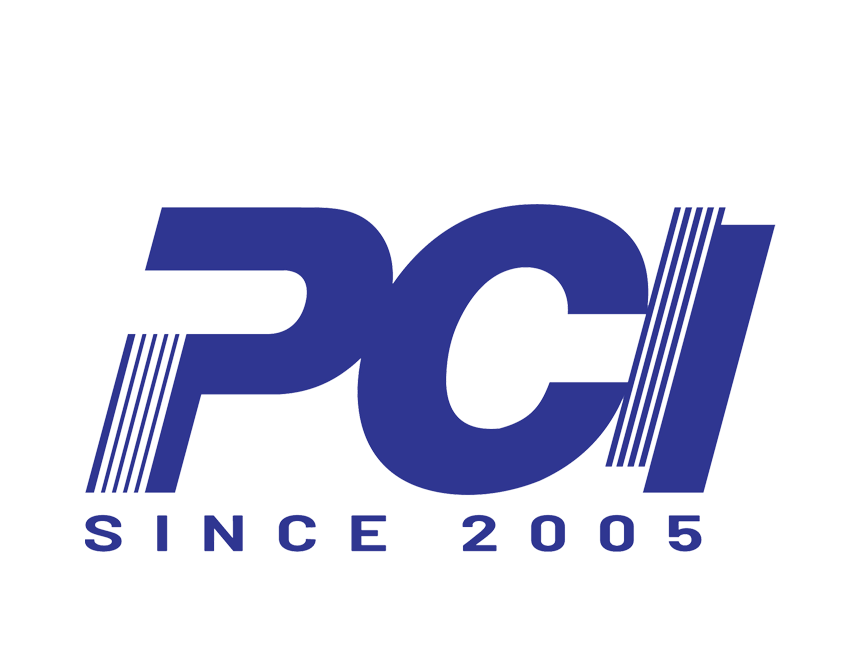PCI as Target for Improving Business, Investment Environment
USAID and VCCI have worked together to produce the Provincial Competitiveness Index Report for the past 14 years. How do you assess this report and its impact on Vietnamese enterprises?
USAID has been supporting VCCI to produce the Provincial Competitiveness Index (PCI) report since 2005. For the last 14 years, both Vietnamese policymakers and the private business community have capitalized on the report’s insights. For example, through its work, PCI has influenced policy priorities and reform choices, generating momentum for policymakers to improve their reform efforts and even affecting the daily work of local officials. Therefore, the PCI report has had a huge impact on Vietnamese enterprises that are subject to the economic policies in the provinces where they are located. The PCI survey empowers businesses, especially small and medium-sized enterprises (SMEs), to speak out about the obstacles they face, even when these barriers involve sensitive issues. The report actively promotes dialogue between local government officials and the business community. PCI continues to be an important driver of economic reform in Vietnam, which contributes to improved economic governance at the provincial level, leading to stronger investment and economic growth in Vietnam.
How has the report improved the quality of local governance over the years?
The PCI activity aims to promote good economic governance and transparency in order to encourage greater investment and stronger economic growth in Vietnam. The annual PCI reports provide evidence-based information from the perspectives of both domestic and foreign enterprises on the quality of local governance, spurring positive changes. Through the PCI data and information, local governments have gradually changed their mindset on economic governance; they facilitate more dialogue opportunities with the private sector to understand obstacles and convey reform ideas to improve PCI rankings. This has helped to promote the quality of governance over the years. Many provinces have initiated Task Forces to analyze the PCI scores and develop initiatives to improve their PCI ranking. For example, Dong Thap province has a Business Coffee initiative, Bac Ninh has a Business Doctor, and Quang Ninh has a One-Stop-Shop for Administrative Procedures. Currently, all 63 provinces have action plans, based on PCI findings and recommendations, to improve the business environment.
In 2014, the Prime Minister included PCI as a target for improving national competitiveness in Resolution 19. After implementing Resolution 19 for five years, PCI has become a major measurement tool for provincial economic governance policy reform. In January 2019, a new Resolution 02, replacing Resolution 19, included PCI as a target for improving the business and investment environment in Vietnam.
In recent years, the total points of the top provinces/cities is not extremely high when compared to the total possible score of 100 points. The top performer in 2018 was Quang Ninh, who scored only 70.69 points. There is still much room for further improvement. How do you assess this issue?
In my opinion, there is always room for improvement. We have found that the leading provinces have already implemented changes in easy-to-reform areas such as business registration, but have had difficulty implementing more complex initiatives to accelerate reforms. Some reforms include legal institutions, where issues like strengthening investor protections or modifying bankruptcy procedures require more work.
To continue to improve governance quality, how do you think provinces/cities need to change?
The lower ranking provinces could try to emulate some of the best practices of the top reforming provinces, and the high performing provinces should continue to push the envelope to implement more complex reforms. We have found that over the years, provinces that have led the way in business reform have important traits in common, despite their differences in geographic and economic conditions. First, their provincial leaders have made competitiveness a policy priority and have dedicated resources to achieve it. Second, successful provinces have developed innovative approaches to complement central government plans and regulations. Third, these provinces actively worked with the business community, which proved to be extremely capable and influential. Finally, successful provinces have engaged mass media in their reform efforts so that businesses and provincial officials remain informed of progress and challenges.
Source: Vietnam Business Forum


 Tiếng Việt
Tiếng Việt